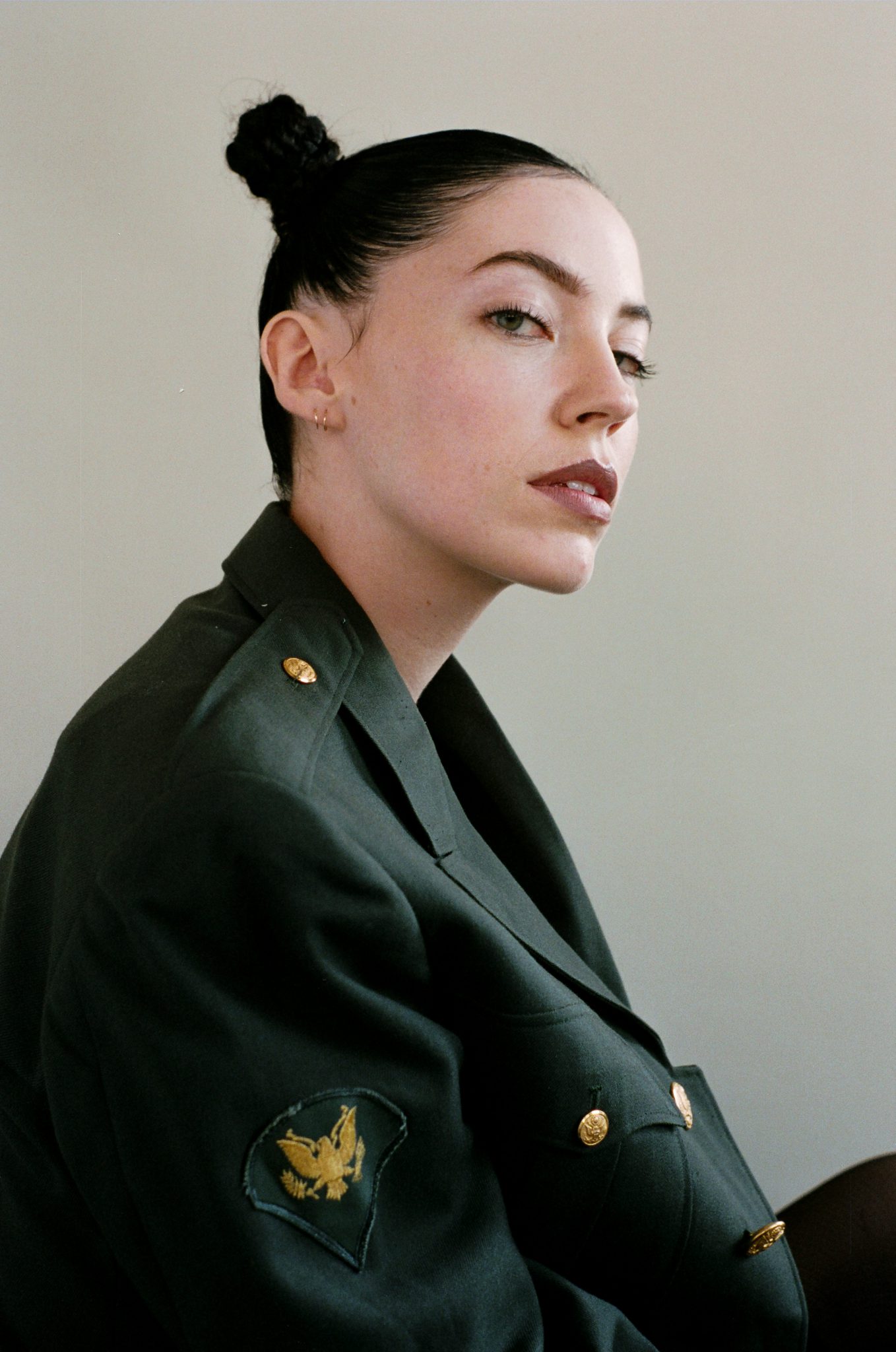


What is music? It is a question not often asked, certainly not as often as the question ‘What is art?’. You are no doubt well aware what music is, though formulating a succinct response to that question…not so straightforward. Perhaps one way of approaching the question is to look at what music actually does.
Catherine Carr has worked in the field of music therapy for many years, having discovered it whilst studying music technology at university. Research into the use of music during times of conflict led to a broader interest in how music therapy was used to help people dealing with the effects of trauma, and Carr subsequently completed her music therapy training at the Guildhall School of Music and Drama (GSMD). Carr now works as a highly respected music therapist within the NHS, where she set up a study into the use of music therapy in treating people suffering from post-traumatic stress disorder.
All of which makes her well placed to explain what music is. “That is a complex one,” declares Carr. “As a music therapist, we understand any sounds as having musical and communicative potential. By attuning to and responding to these sounds within a musical framework – offering perhaps a pulse, a musical structure, repeated melodic/rhythmic motifs or chords – we can offer a sense of being heard and responded to. Within an improvised framework, this offers a means for a relationship to develop, where new ideas can be communicated and co-created, often without the need for words.” Got that? Good. So what does music do?
Words by Phil Goodfellow
Images by Hannah Devereux
Read the full story in Edition 02



